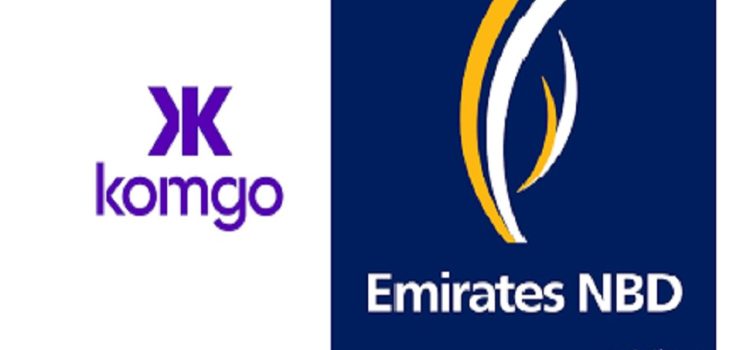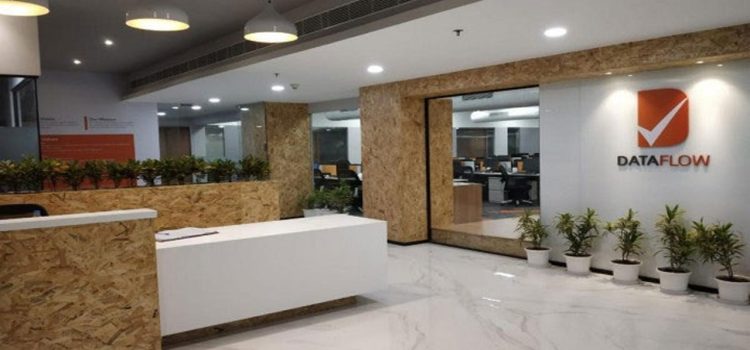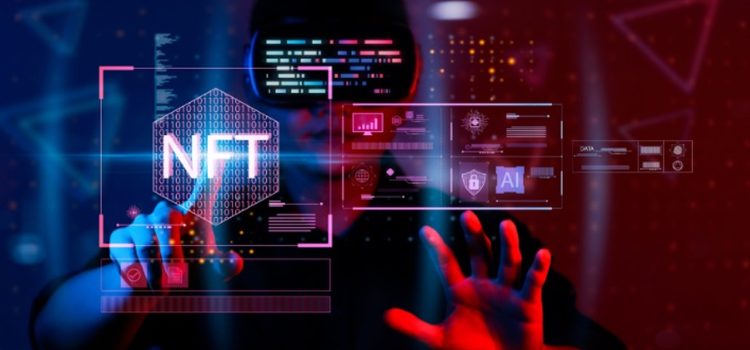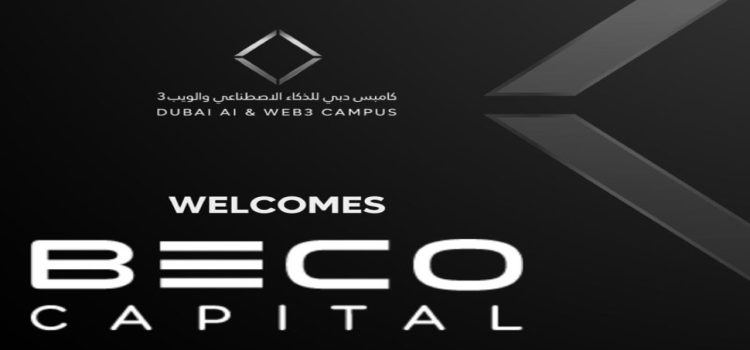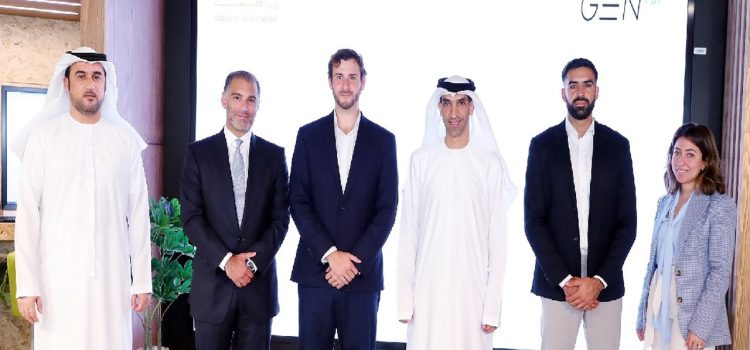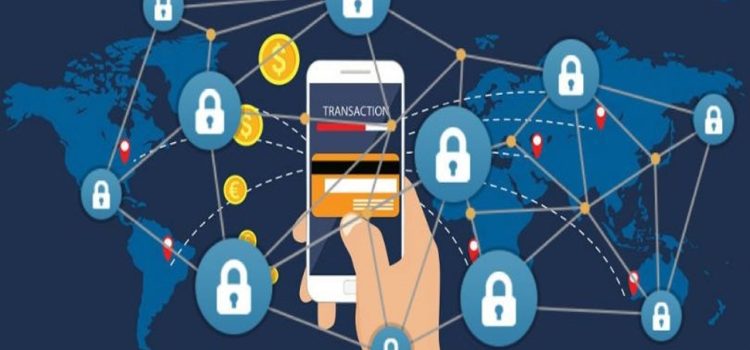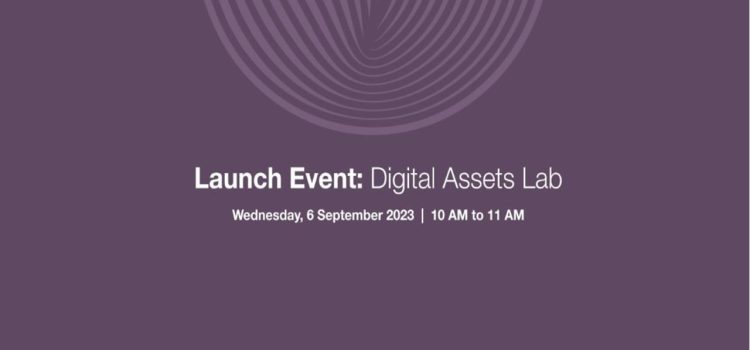
UAE based Emirates NBD has inveted in Blockchain enabled Komgo, trade finance platform.
As per the press release, the strategic equity investment was made by Emirates NBD’s Innovation Fund, the Bank’s corporate venture fund. The fund created in early 2023, aims to strengthen synergies from strategic partnerships by combining the Bank’s digital ambitions and regional expertise with the agility and technological innovations of fintech companies.
Emirates NBD’s corporate venture capital arm will enable the Group to make investments in tech start-ups and companies that further support its digital strategy. The Innovation Fund’s mandate is to invest in a wide range of stages, from early to growth, depending on the strategic fit for the Group, with the aim of delivering strategic benefits and realising a long-term return from investments.
Komgo’s solutions empower Treasury, Credit, and Trade Finance operations, streamlining communications and strengthening operational capacity for more than 10,000 enterprise users worldwide. From its Swiss roots, the company has expanded to key international locations including Singapore, Paris, London, Toronto and Houston, and is trusted by a diverse customer base that includes more than 200 multinational corporations and global trade banks. Approximately USD 1 billion in transaction value flows through the Komgo Network each day.
Komgo has two main products, Trakk which logs documents, creating a digital fingerprint on its blockchain, and Konsole that matches corporates with banks and offers several solutions including various digital letters of credit and guarantees.
Ahmed Al Qassim, Group Head of Wholesale Banking, Emirates NBD, said: “Our strategic equity investment in Komgo reflects our commitment to constantly innovate and develop tech solutions that can accelerate business processes. We recognise how the fast-changing fintech landscape impacts our industry and we will continue to find and support the next generation of technologies that will help us shape the future of finance and to further strengthen our position as one of the leading financial institutions in the region.”
Souleïma Baddi, CEO at Komgo commented, “We are delighted that Emirates NBD has taken a strategic equity stake in Komgo, becoming the first Middle Eastern bank to hold shares in the company. This marks a significant milestone and a powerful affirmation of Komgo’s solid track record and promising future.”
Souleïma Baddi CEO at Komgo used to sit on the board of VAKT which also utilizes blockchain to enhanve trade finance.
Prior to this Emirates Bank was one of the founding banks for UAE’s Blockchain fraud detection platform UAE Trade Connect.
UAE Trade Connect is now seeking to its expand its membership based out of the UAE Banking sector to other GCC countries including KSA.








